STUDY | EXPLORE | ADVOCATE
challenge your understanding and impact the world
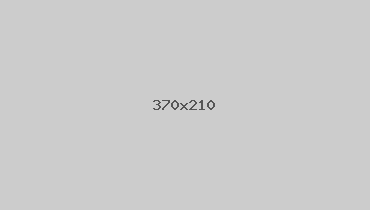
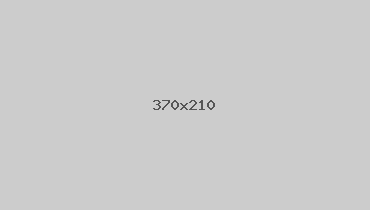
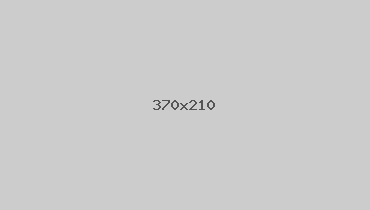
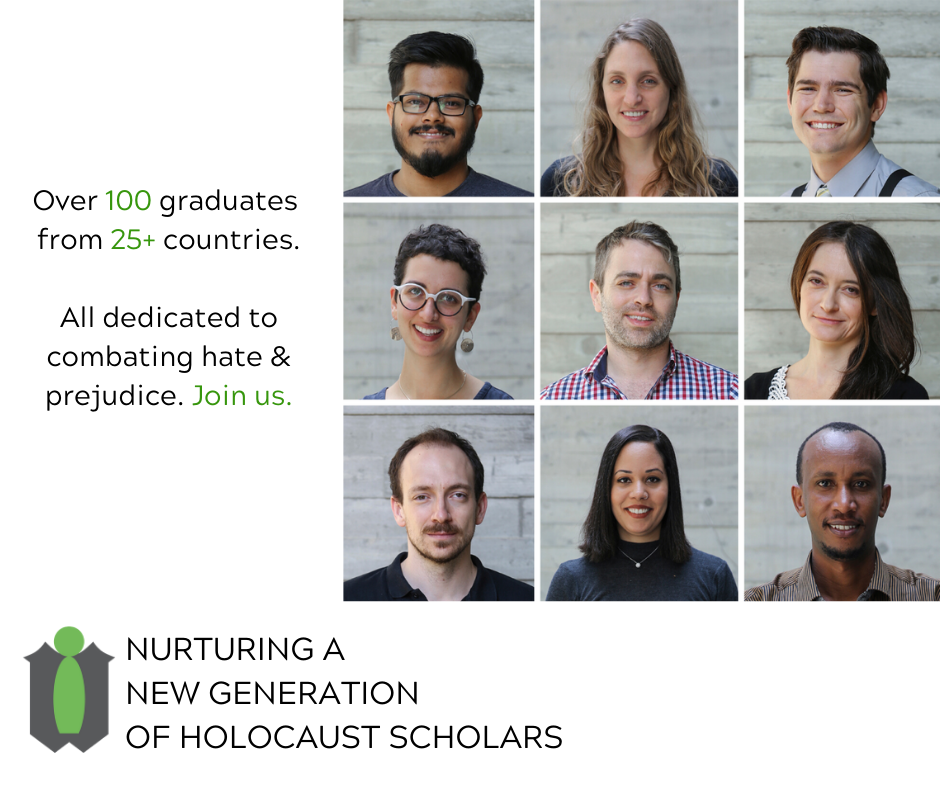
The Weiss-Livnat International MA Program in Holocaust Studies is a branch of the Weiss-Livnat International Center for Holocaust Research and Education - a center dedicated to perpetuating academic scholarship while also preserving Holocaust memory and awareness. Our MA program is the only graduate studies program of its kind in the world. With a multidisciplinary approach to the study of the Holocaust, we offer our students a wide range of courses in the disciplines of History, Anthropology, Psychology, Education, and the Arts taught by leading scholars in the field. In one year, our students attain the knowledge and skills to continue in academia or set out on a career path in Holocaust education or commemoration.
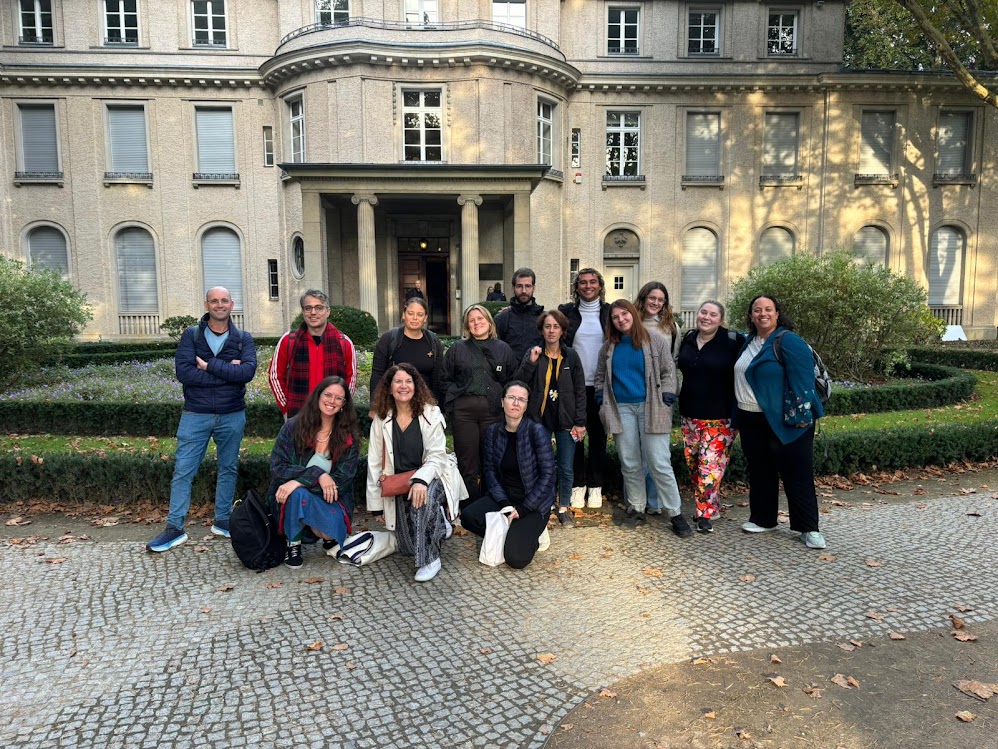
The Weiss-Livnat Center for Holocaust Research and Education recently hosted an International Workshop on Contemporary Antisemitism and Holocaust Distortion at the historic House of the Wannsee Conference in Berlin. From September 8-14, 2024, 14 alumni students from around the world engaged in critical discussions addressing the evolving challenges in combating antisemitism and Holocaust distortion, particularly in light of recent global events.
The workshop featured expert presentations on various manifestations of contemporary antisemitism, including Dr. Marc Neugröschel's keynote on the current landscape. Participants explored innovative approaches to counter online antisemitism, such as Prof. Tobias Ebbrecht-Hartmann's session on empowerment through social media. Different educational approaches to address antisemitism were presented by important organizations such as ConAct – Coordination Center for German-Israeli Youth Exchange and the Kreuzberg Initiative Against Antisemitism – KIgA e. V..
Divided into three focal teams - teachers, university students/social media, and museum workers - attendees collaborated in design thinking session on developing targeted solutions. The program also included educational visits to significant sites in Berlin, fostering a deeper understanding the history of Berlin’s Jewish comunity and of Holocaust commemoration in Germany.
This intensive workshop not only provided valuable insights but also inspired new initiatives to actively confront antisemitism and Holocaust distortion in diverse professional contexts. These initiatives will be supported and further developed by the Weiss-Livnat Center and it’s alumni throughout the coming year.
Holocaust memory in Europe is shifting and diversifying, often in conflicting ways. This report is the culmination of a comparative multidisciplinary study aimed at exploring shifts in Holocaust memory in five European countries that played very different roles during the Holocaust, and whose post-WWII histories differed too: Poland, Hungary, Germany, England and Spain.
The study took place from 2019-2022 and offers a snapshot of Holocaust memory at the start of the 21st century. In addition to the rise of far-right political parties, antisemitic incidents and crises around immigration and refugees, this period was also overshadowed by the Covid pandemic and its ensuing economic instability.
Our central guiding question was: How do experiences of the present relate to the memory of the Holocaust? Do they supersede it, leading to the gradual fading from memory of the mass-murder that shook the twentieth century? Do they reshape it, shedding new light on its lessons? Is the meaning assigned to present-day events shaped by its metaphors and symbols, or perhaps the present and the past engage in multidirectional dialogue over diverse memory platforms?
R
Editors: Nurit S. Novis-Deutsch, Shmuel Lederman, Tracy Adams, Arieh J. Kochavi
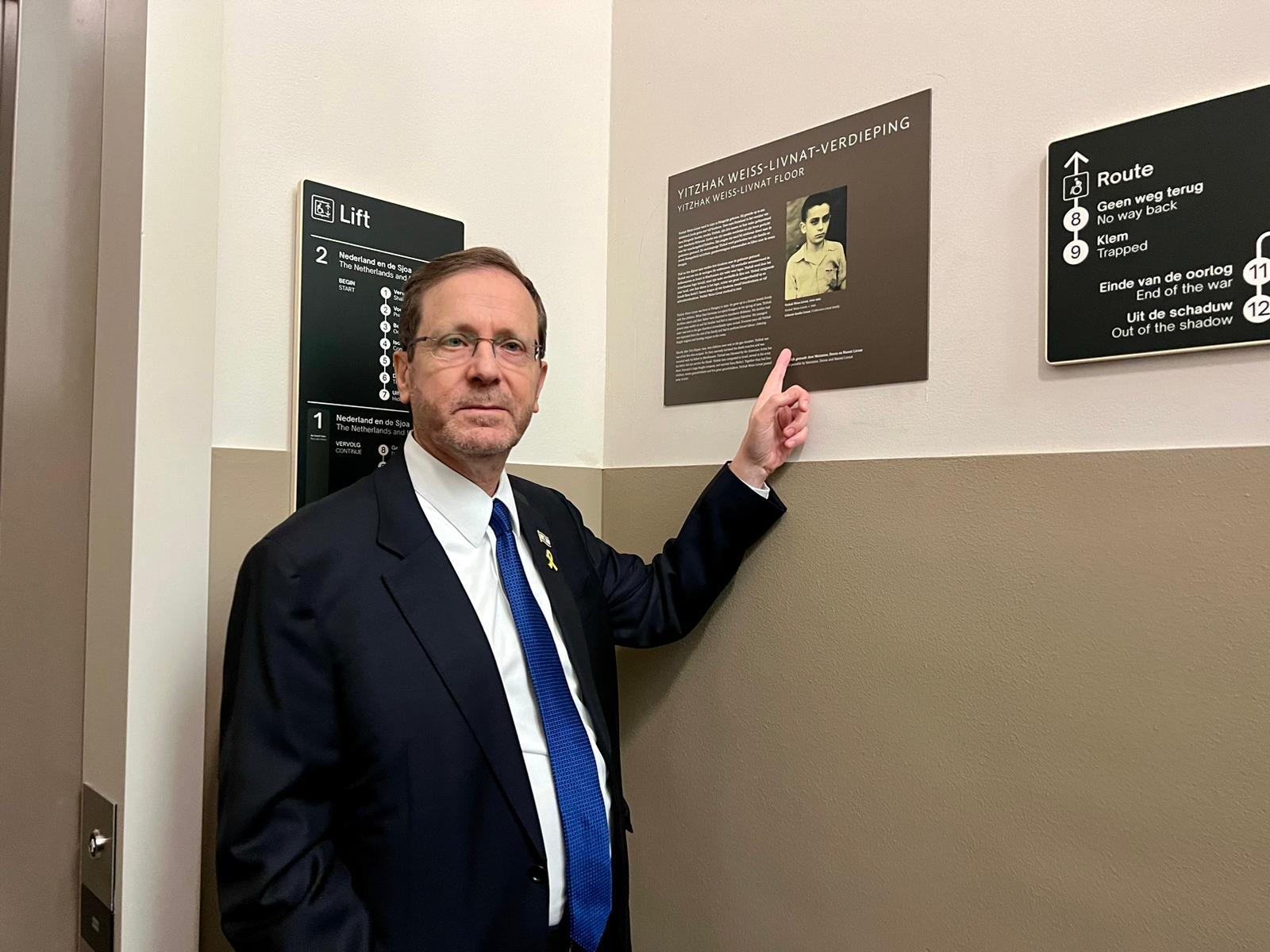
AMSTERDAM UNVEILS NEW HOLOCAUST MUSEUM
On March 10, 2024, the National Holocaust Museum was inaugurated in Amsterdam with the participation of King Willem Alexander of the Netherlands, President of the State of Israel Isaac Herzog, and Honorary Doctor of Haifa University Doron Livant, co-founder of the Weiss Livant MA Program in Holocaust studies.
In the museum, a floor is dedicated to the memory of Yitzhak Livnat, after whom the program was named and donated by his son Doron Livnat.
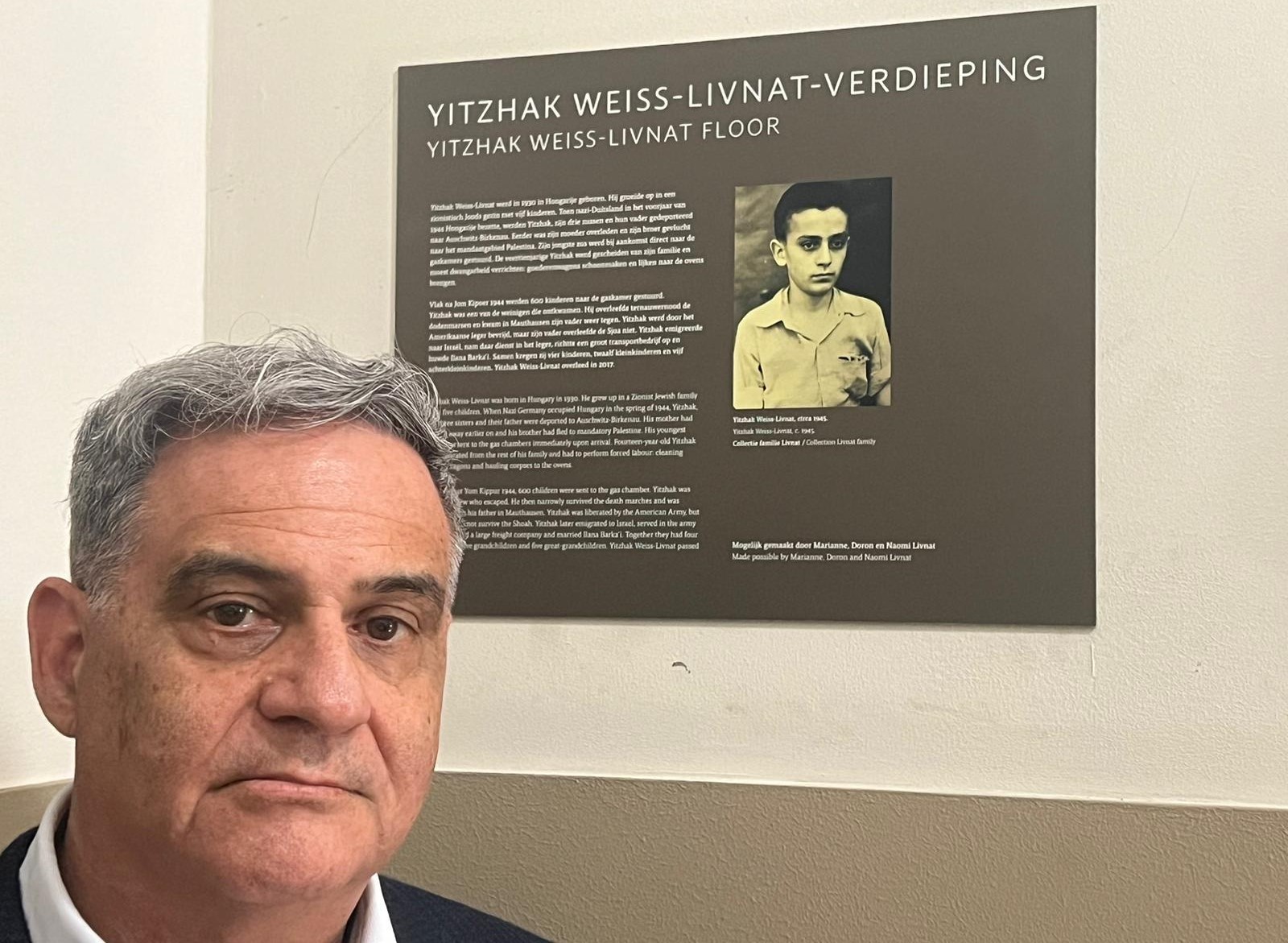
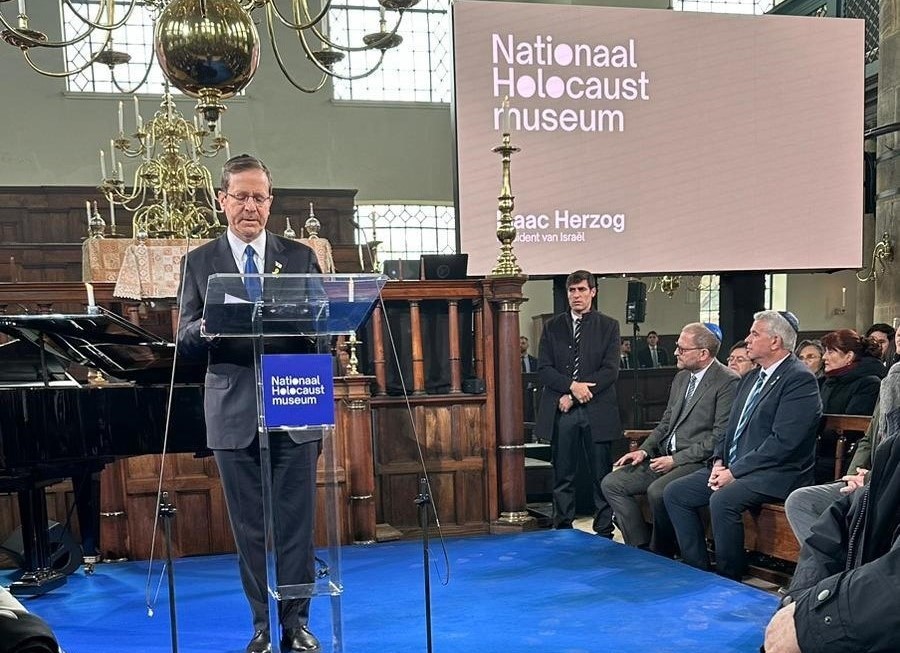
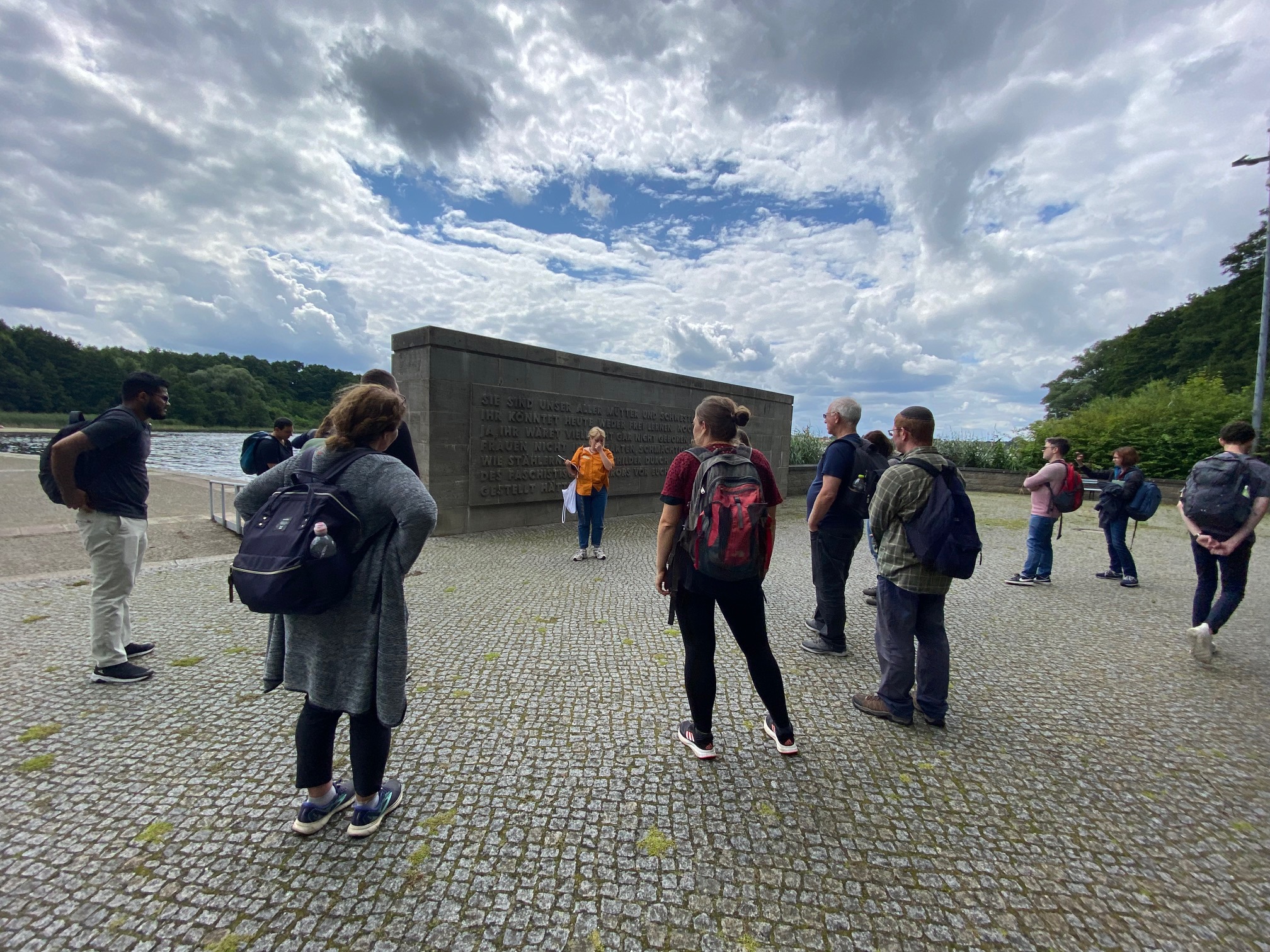 The Weiss-Livnat alumni traveling seminar is a new initiative of the Weiss-Livnat Center for Holocaust Commemoration and Education, aimed to provide alumni with the opportunity to gain new perspectives on current trends in Holocaust education and commemoration. During the seminar, the participants visited various sites of remembrance, museums, and research institutions, guided by experts and scholars, allowing them to acquire new knowledge and insight into the behind-the-scenes of the different institutions and understand their daily challenges. Furthermore, the seminar provided opportunities for the participants to share experiences, generate discussions, understand each other’s areas of focus, foster connections and collaborations, and ultimately inspire continued work, research, and commemoration of the Holocaust.
The Weiss-Livnat alumni traveling seminar is a new initiative of the Weiss-Livnat Center for Holocaust Commemoration and Education, aimed to provide alumni with the opportunity to gain new perspectives on current trends in Holocaust education and commemoration. During the seminar, the participants visited various sites of remembrance, museums, and research institutions, guided by experts and scholars, allowing them to acquire new knowledge and insight into the behind-the-scenes of the different institutions and understand their daily challenges. Furthermore, the seminar provided opportunities for the participants to share experiences, generate discussions, understand each other’s areas of focus, foster connections and collaborations, and ultimately inspire continued work, research, and commemoration of the Holocaust.
OUR FOUNDER, YITZHAK LIVNAT z"l
The Weiss-Livnat International MA Program in Holocaust Studies is named after the founder of the program, Yitzhak Livnat z”l. Yitzhak was a Holocaust survivor from Hungary and it is with great pride and honor that our program memorializes his and his family’s story. The first five Cohorts of the MA Program had the honor to meet with and hear Yitzhak’s incredible personal story of survival and triumph. Since Yitzhak’s passing in 2017, the legacy of the Weiss-Livnat MA Program is preserved by his son and daughter-in-law, Honorary Dr. and Mrs. Doron and Marianne Livnat.
We believe the Holocaust should be taught from a multidisciplinary perspective and offer a range of courses in the fields of History, Anthropology, Psychology, Education, and the Arts.
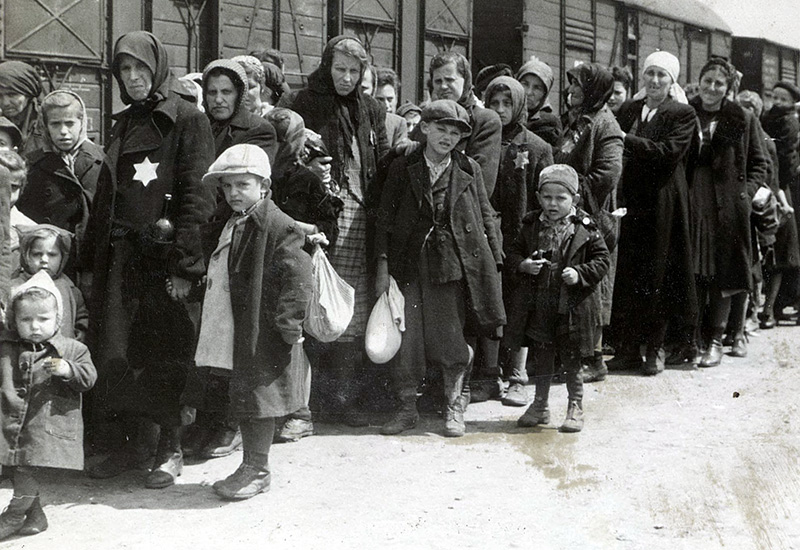
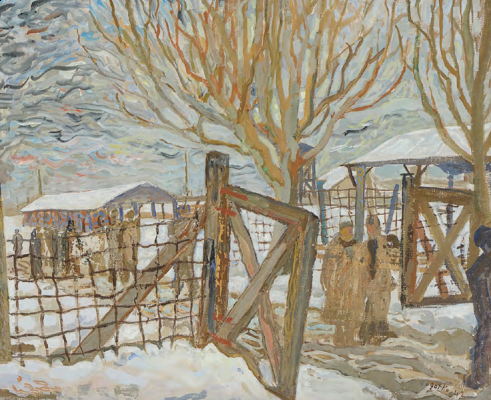
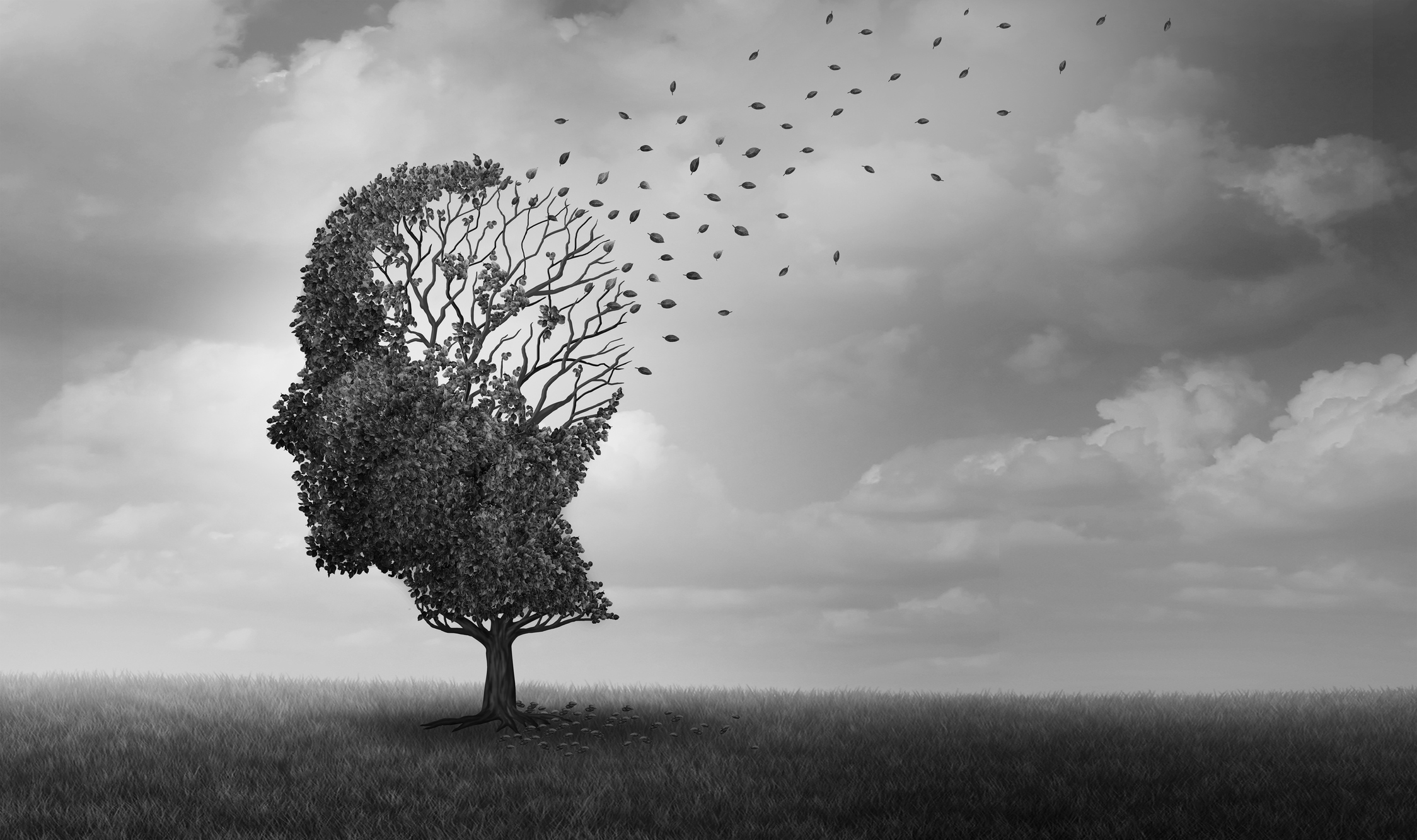
In this semester’s course “Art in Extremis: Creative Resistance during the Holocaust” we surveyed the complex and varied responses artists had to their circumstances as victims and witnesses in exile and in hiding, in the camps and ghettos. We explored how art was used as both a means of documentation and as a way to communicate protest, despair or hope. Instead of writing a final paper, students curated their own digital art exhibitions, using objects, images, and text, reflecting on modes of presentation and installation as well as questions of ethics and audience. Some projects focused on motifs or themes (such as games or time), others on genres. Some are centered on art created by certain groups (such as women or children) while others study art created in certain localities (Terezin, Stuttgart or Jasenovac). They incorporated both “high” art and popular culture, coerced and clandestine work, by artists who survived as well as those who perished. The following are some of the students’ proposed exhibitions:

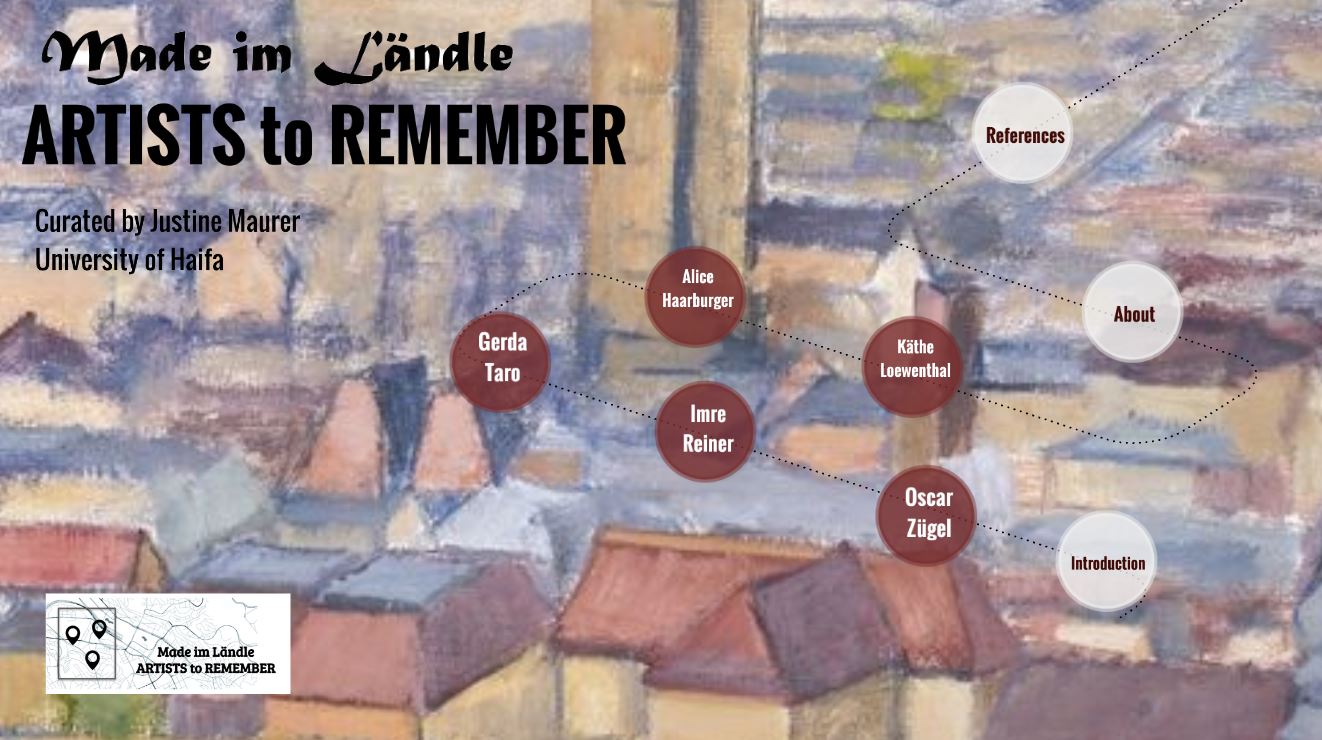
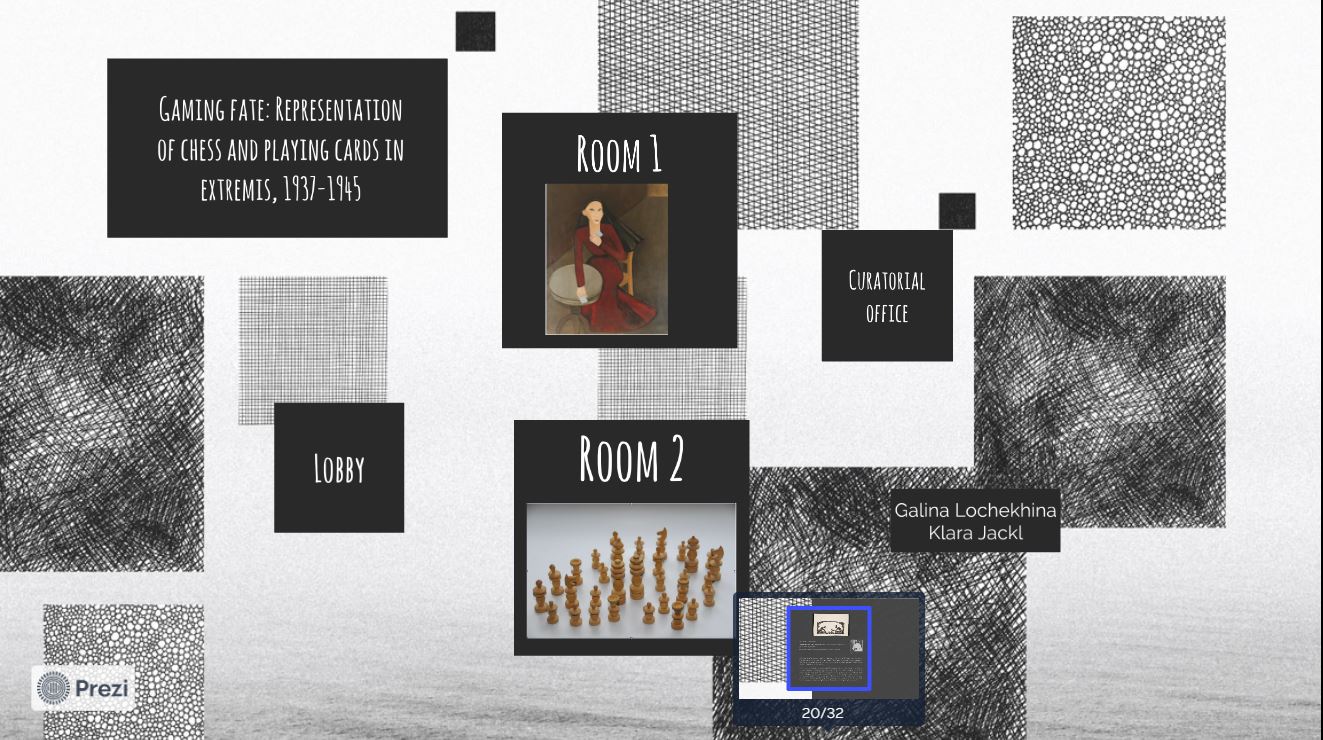
Our students have the chance to participate in exclusive internships in Israel, Europe, and the United States.
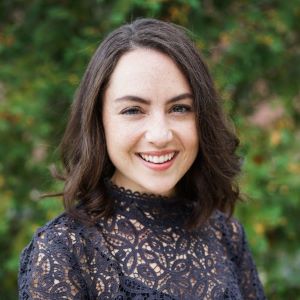
USA
PhD Candidate, Clark University
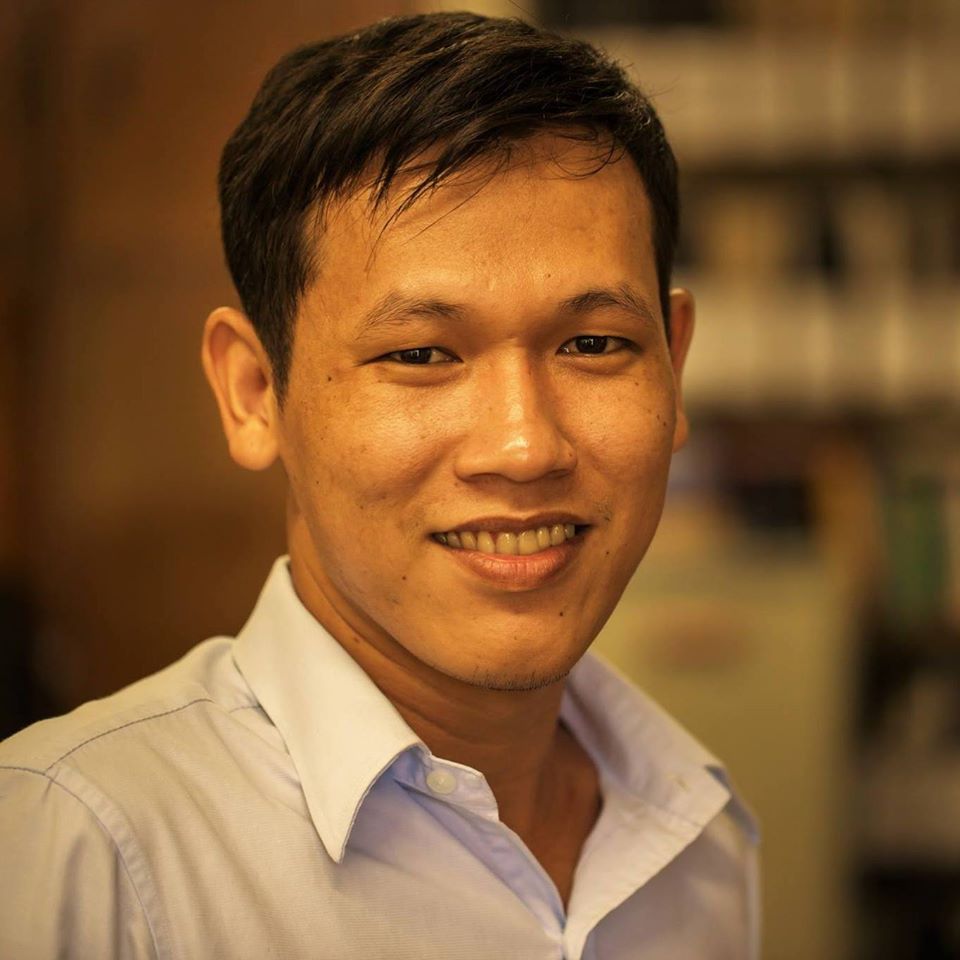
Cambodia
Educator, Documentation Center of Cambodia
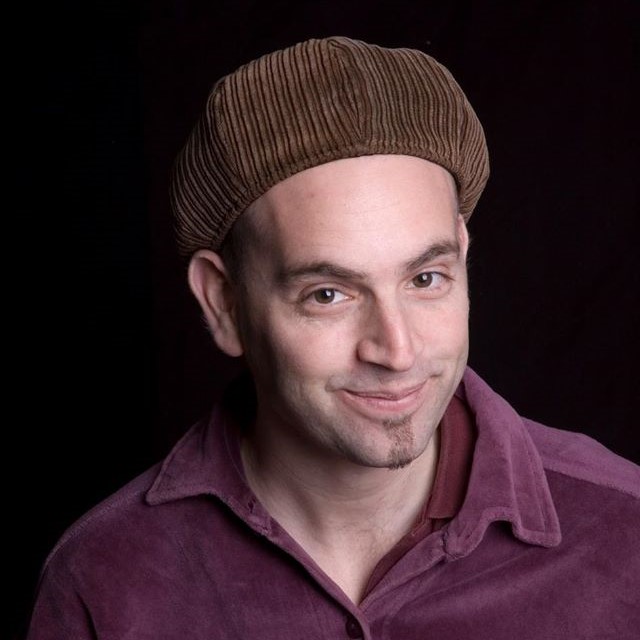
Israel
Documentary Filmmaker
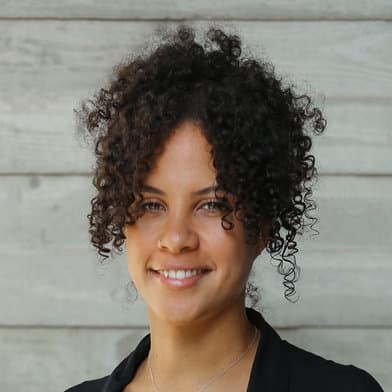
UK
Creator, Without the Footnote Podcast
University of Haifa
Address: 199 Aba Khoushy Ave.
Mount Carmel, Haifa
Israel 3498838
Tel: 972 (0)4 8240111
aweiner@univ.haifa.ac.il